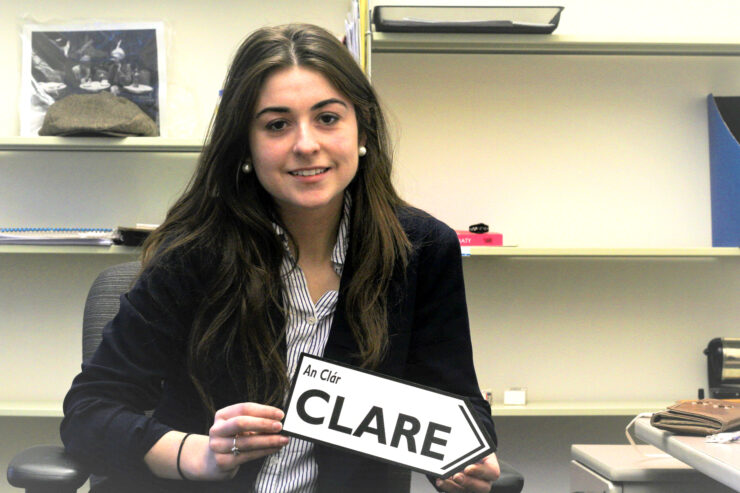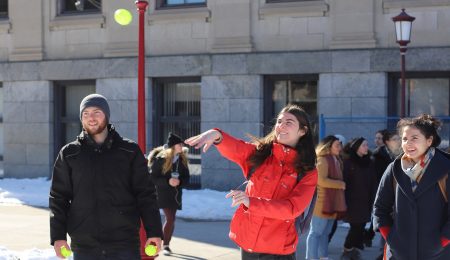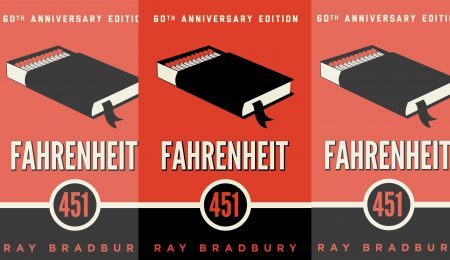Trasna na dTonnta seeks to connect Gaelic speakers across the world
The University of Ottawa’s Celtic studies program is taking part in a global online campaign beginning Jan. 22 to support the world’s Irish-speaking populations. Literally translated as “Across the Waves,” Trasna na dTonnta is described by its organizers as a “Cyber-Gaeltacht,” a reference to traditional Irish-speaking communities in the west of Ireland.
Classic Gaeltachts serve as a place for Irish populations to reconnect with a heritage and culture left in tatters after centuries of English subjugation. Trasna na dTonnta was created for a similar purpose—to reconnect Irish populations across the world to their language and history.
The U of O’s participation in the project is spearheaded by Síle Concannon, a professor of Irish language at the university on an exchange through the Ireland-Canada University Foundation as part of her doctoral program.
Crossing the waves to return to the homeland is a recurring theme in Irish literature and forms the chorus of a traditional Irish folk song of the same name. The modern movement focuses on a similar idea, inviting individuals from across the world to explore their heritage.
“We are reaching out to people all across the world, from people with just a few words of Irish to fluent speakers to tweet out something,” said Concannon. “Whatever they can speak, whatever the fluency they have.”
Concannon has turned the initiative into a project for her Irish language classes and the Celtic studies program in general, where students will contribute a variety of poetry, art, and spoken Irish pieces until Friday, Jan. 26.
The U of O is one of only six universities in Canada with such a program and has become a nexus for Irish-Canadian cooperation, spurred by Eastern Ontario’s Irish history.
Concannon is also hoping that more of the student body will contribute to the initiative, making their own Trasna na dTonnta submission. She is looking for participation by all members of the university, regardless of their degree.
Canada has a strong Irish influence; it was a refuge for those fleeing persecution in their homeland, and their handiwork can be seen across Ottawa—Irish labourers worked constructing the Rideau Canal and large swathes of the Byward Market and Lowertown.
Concannon explained that over 40 per cent of native-born Canadians claim to have some Irish heritage and that this connection remains to this day. Notably, the only officially recognized Gaeltacht outside of Ireland is situated near Kingston, Ontario and offers a variety of language learning opportunities to Canadians.
Those interested in participating in the Trasna na dTonnta movement can do so by sharing any Irish Gaelic work they have created through #TrasnaNadTonnta. The event will be running Jan. 22–26.





